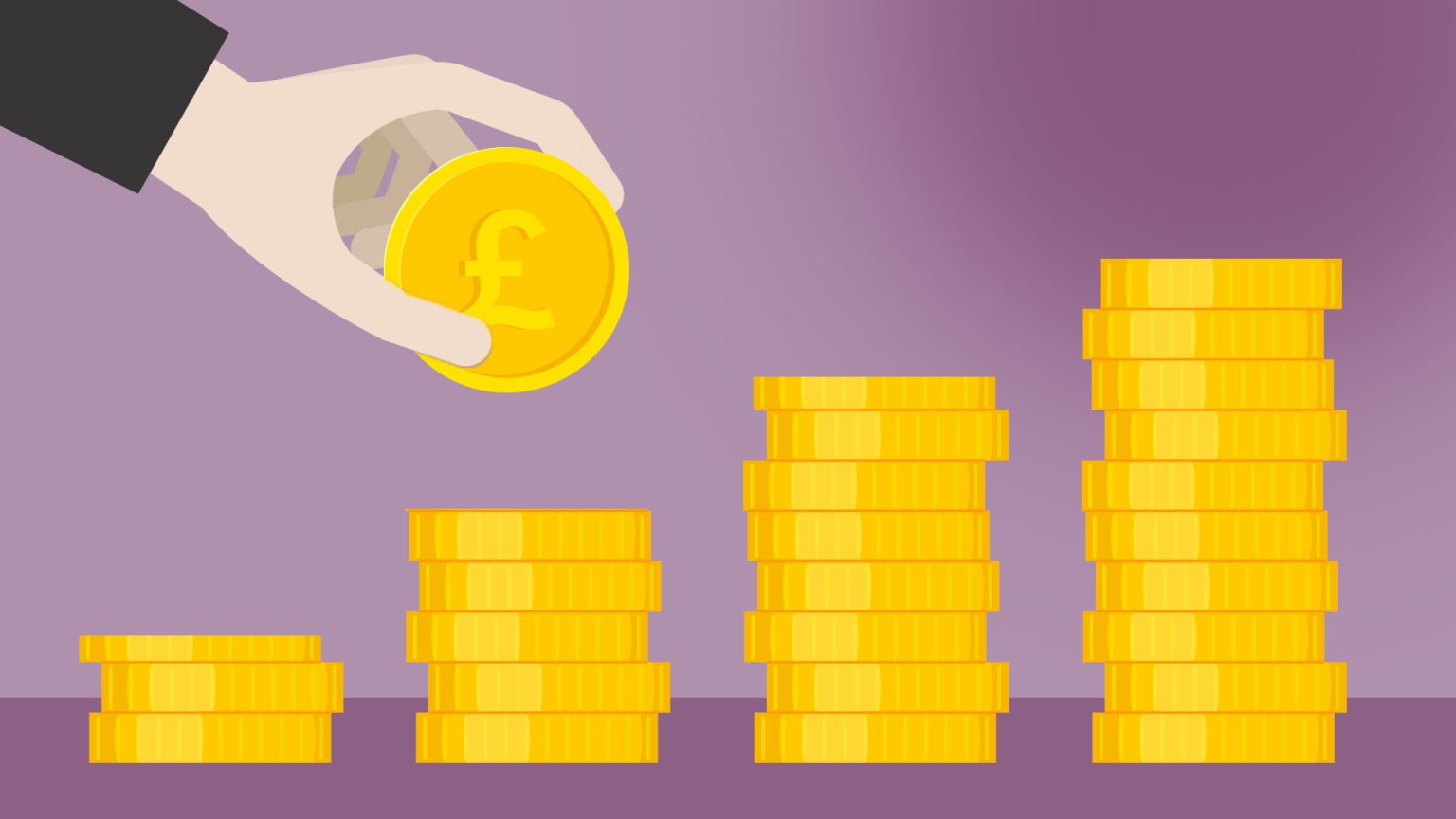Starting a budget is crucial, even if you’re on a lower salary, as small expenses can add up over time. Forgbearing but manageable, follow these steps:
-
Develop a Budget
- List all your incomings, including rent, bills, food, and any other payments.
- List all your outgoings, such as utilities, transportation, and other expenses.
- From this list, calculate the difference (spending) versus what you’re spending. You’ll need to adjust your budget to save £5-10 per month, depending on your income.
-
Work Out How Much You Can Afford to Save
- Use tools like Plum to calculate how much you can save based on your spending patterns.
- Compare prices by using services like compare-.com or check out free perks like Best on Tesco or comparison websites.
-
Automate Savings with Plum
- Install the Plum app on your bank account to get a visual overview of how much you can save, even if you spend money.
- You can choose to round up every purchase you make to the nearest £1 and save those extra pennies automatically.
-
Automate Savings with هو
- Use intelligent apps available for Apple or Android to automatically set aside small amounts for savings.
- These apps save €40p per |sarl| you spend on food or clothes and reduce penalties if you run out of funds.
-
Savings Accounts and ISAs
- There are different types of savings accounts: fixed-rate, notice, easy access, and regular savers.
- Is savings cheaper? If interest rates improve, E-bills offer higher returns.
- The Importance of an Emergency Fund
- Aim for £3,296 to £12,912 per year in savings, adjusted for inflation (~4% per year).
- Having an emergency fund ensures you don’t struggle during unexpected expenses, even if you earn £25,000.
By following these steps, you can begin to build a savings plan and set yourself on the path to achieving your financial goals. Remember, saving is so much more important than you thought!




